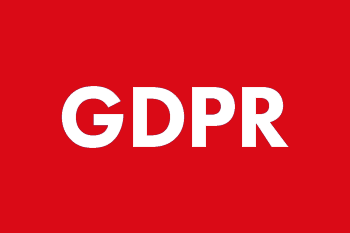Getting quality content from an agency requires more than a brief email or call and keeping your fingers crossed. By not properly preparing the ground, you can discover that content creation becomes unnecessarily painful and arduous.
Consider what can happen if you don’t specify clearly and in enough detail what you’re looking for. An agency might quote for the work it thinks you want, only to have to come back later with a higher price because the initial briefing didn’t fully cover the scope of the work you really want.
There’s also the problem of moving targets: if you change your mind about messaging after content has been produced, the agency will have to go back through everything to alter accordingly – again, leading to increased cost and delays for you.
Issues like these can cause ripple effects if you’re working with an agency on multiple projects. When people have to redo work or call in extra help to fix a problem, the result can be that other projects take longer to finish. Such ‘scope creep’ means your agency can’t work for you as effectively as it should.
Of course, some briefs will evolve if the situation changes – a global pandemic being a particularly relevant example. But providing as clear a brief as possible at the start of a content project means an agency can better accommodate changes down the line and ensure a good result.
Following is a list of the things to avoid if you want to provide your content producers with a good brief:
- Lacking purpose – Beware of creating content just for the sake of it. This quickly becomes difficult to sustain. Know what you’re trying to achieve. Is it for thought leadership? For leads? For sales? Or for a mixture of these? As part of this, be sure to consider your calls to action for each piece of content.
- Not providing a timeline – If you don’t provide deadlines and lead times, projects can drift. As a result, you could end up with a white paper 12 months in the making that is out of date when it’s finally published. Timelines need to be realistic and include sub-deadlines, such as time for subject matter experts to review content. You also need to know when to pull the plug if a project stalls.
- Having too many cooks – Not having a single point of contact to provide guidance and feedback on content can create headaches. Writers might have to contend with different styles of feedback, or feedback that arrives at different times, making it difficult to plan the work, and causing delays. With a single contact, that person will also be able to push back on colleagues when necessary.
- Being vague – If your brief consists of marketing clichés and vague ideas, it’s difficult to pin down exactly what the main messages should be, and how they should be expressed. Discuss the main points and concepts using clear, specific language and proof points.
- Bringing in senior stakeholders at the last minute – There’s nothing more risky at the end of the project than when you tell an agency you’ll “just have to check with the boss”. Get your senior decision makers involved early. If they don’t see the work until the end of the process, there is a risk they will want a raft of changes that requires work to be done again – something most agencies will justifiably charge extra for, and that will take more time.
If you don’t provide a good brief, be prepared to do extra legwork once the work has been commissioned. And if you change the requirements once content has been created, expect to pay for the additional work that has to be undertaken.
For smoother content creation and the quality content you need, provide a good brief at the start.
Speak to us if you’d like to learn more about the perfect brief – or to brief us on your next project.
– Follow us on Twitter – @ColContent








